GenAI has the potential to dramatically accelerate many e-commerce activities, while helping teams increase profitability and optimize core operations. However, before e-commerce executives green-light building in-house GenAI tools, they should reflect on whether they’d be better served by third-party solutions. Guide strategic decision-making with a new framework from Boston Consulting Group that will help you better understand the role of both in-house solutions and external providers. Gain timely insight into how best to optimize the GenAI solutions of your choice, while ensuring alignment throughout your organization.
E-commerce executives should be pragmatic when adopting generative AI (GenAI) solutions.
Before rushing to invest in building in-house GenAI solutions, e-commerce executives should embrace pragmatism, reflecting on whether building their own tools best serves their specific needs. Many software companies are continuously improving their platforms with GenAI, and may provide more up-to-date solutions than your in-house team is capable of. That said, building in-house solutions might make sense if what you need is unlikely to be included in leading AI models, big tech platforms (for example, Meta, Google, and Salesforce), and specialized tools from third-party companies (for example, LiveChat). If you’re offering a particularly unique experience in your industry, it’s possible you’d be best served by building in-house. Likewise, if your solution uses a lot of proprietary data, you might consider building it in-house.
GenAI can benefit your e-commerce team in multiple ways throughout your customer journey, helping you attract, engage, and retain customers. GenAI has numerous uses in an e-commerce context, ranging from more simple...
Stephen Robnett, Mike Evans, Olof Darpö, Robert Derow, and Karen Lellouche Tordjman are professionals with Boston Consulting Group.










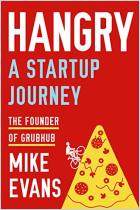
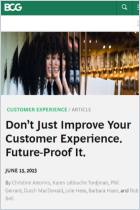

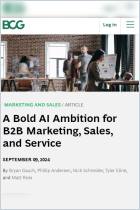
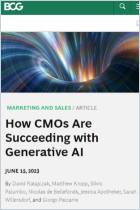
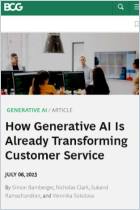

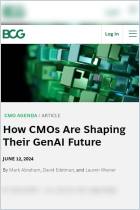







Comment on this summary or 开始讨论